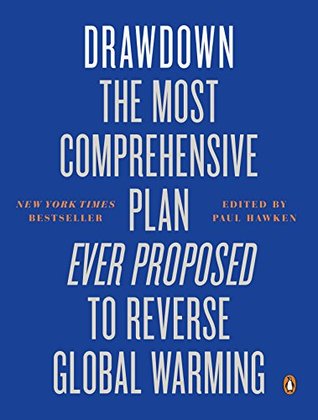More on this book
Community
Kindle Notes & Highlights
by
Paul Hawken
Read between
July 25 - August 16, 2020
If you spend a year immersed in the economic data about energy, as we did, there is only one plausible conclusion: We are, in writer Jeremy Leggett’s words, squarely in the middle of the greatest energy transition in history. The era of fossil fuels is over, and the only question now is when the new era will be fully upon us. Economics make its arrival inevitable: Clean energy is less expensive.
When their entire life cycle is taken into account, solar farms curtail 94 percent of the carbon emissions that coal plants emit and completely eliminate emissions of sulfur and nitrous oxides, mercury, and particulates. Beyond the ecosystem damage those pollutants do, they are major contributors to outdoor air pollution, responsible for 3.7 million premature deaths in 2012.
Today, solar is replacing electricity generated from coal as well as from natural gas. It is replacing kerosene lamps and diesel generators in places where people lack access to the power grid, true for more than a billion people around the world. While society grapples with electricity’s pollution in some places and its absence in others, the mysterious waves and particles of the sun’s light continuously strike the surface of the planet with an energy more than ten thousand times the world’s total use.
A groundbreaking 2016 study from the University of Oxford modeled the climate, health, and economic benefits of a worldwide transition to plant-based diets between now and 2050. Business-as-usual emissions could be reduced by as much as 70 percent through adopting a vegan diet and 63 percent for a vegetarian diet (which includes cheese, milk, and eggs). The model also calculates a reduction in global mortality of 6 to 10 percent. The potential health impact on millions of lives translates into trillions of dollars in savings: $1 trillion in annual health-care costs and lost productivity, and
...more


